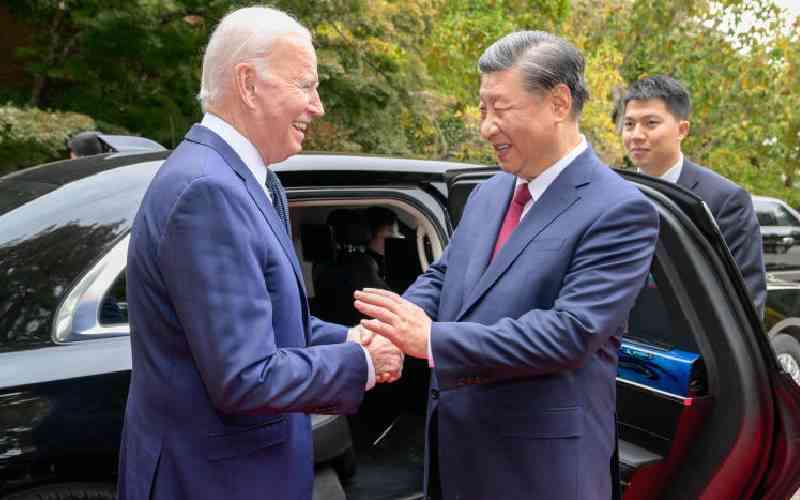×
The Standard e-Paper
Smart Minds Choose Us

In the grand narrative spun by the Biden administration, the Summit for Democracy was supposed to be a beacon of hope, a rallying cry for freedom against the encroaching shadows of authoritarianism.
Yet, as the curtains fall on each successive summit, it becomes increasingly evident that this event is nothing more than a charade-an empty vessel, rattling with the echoes of American hubris and double standards.